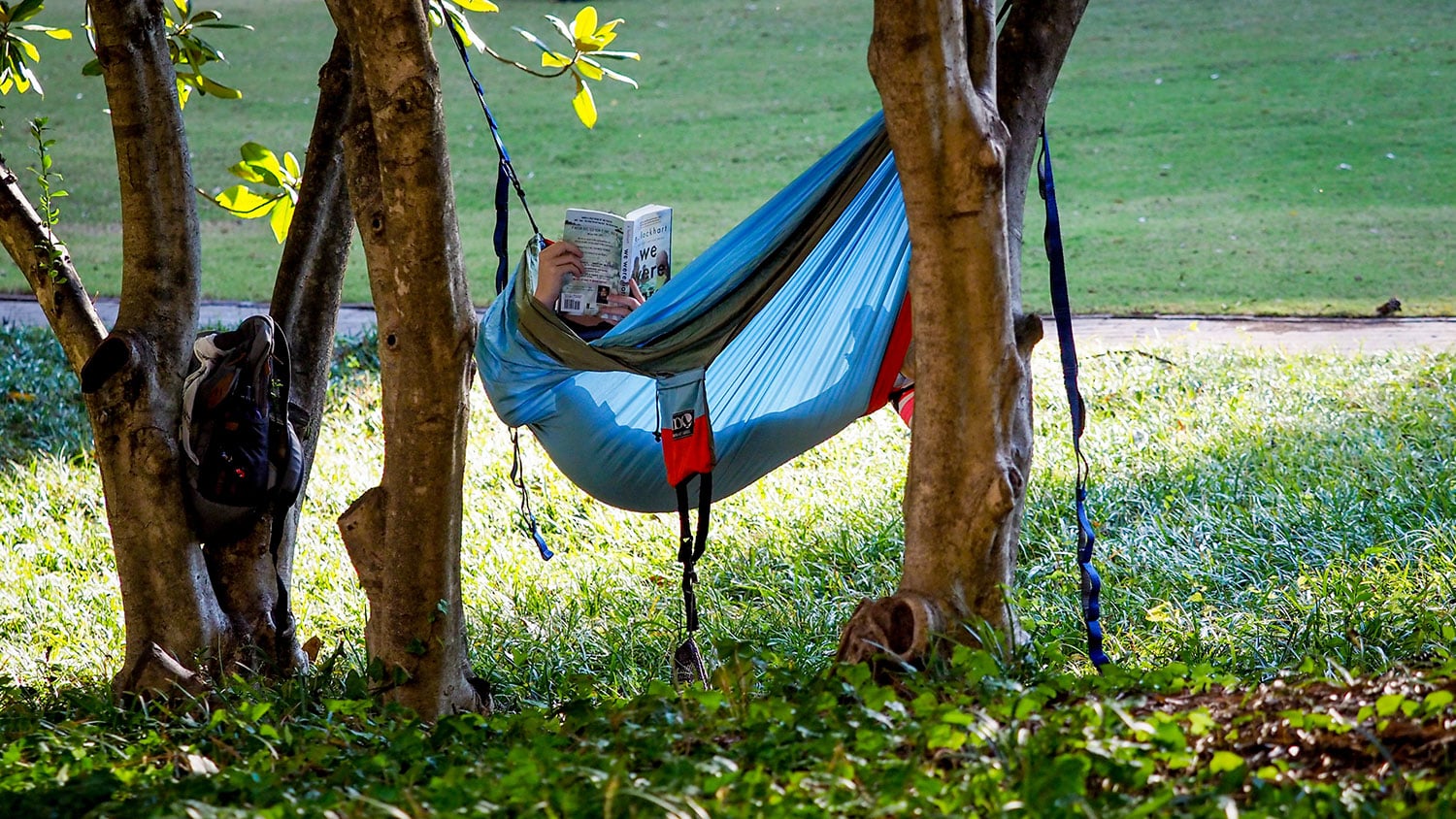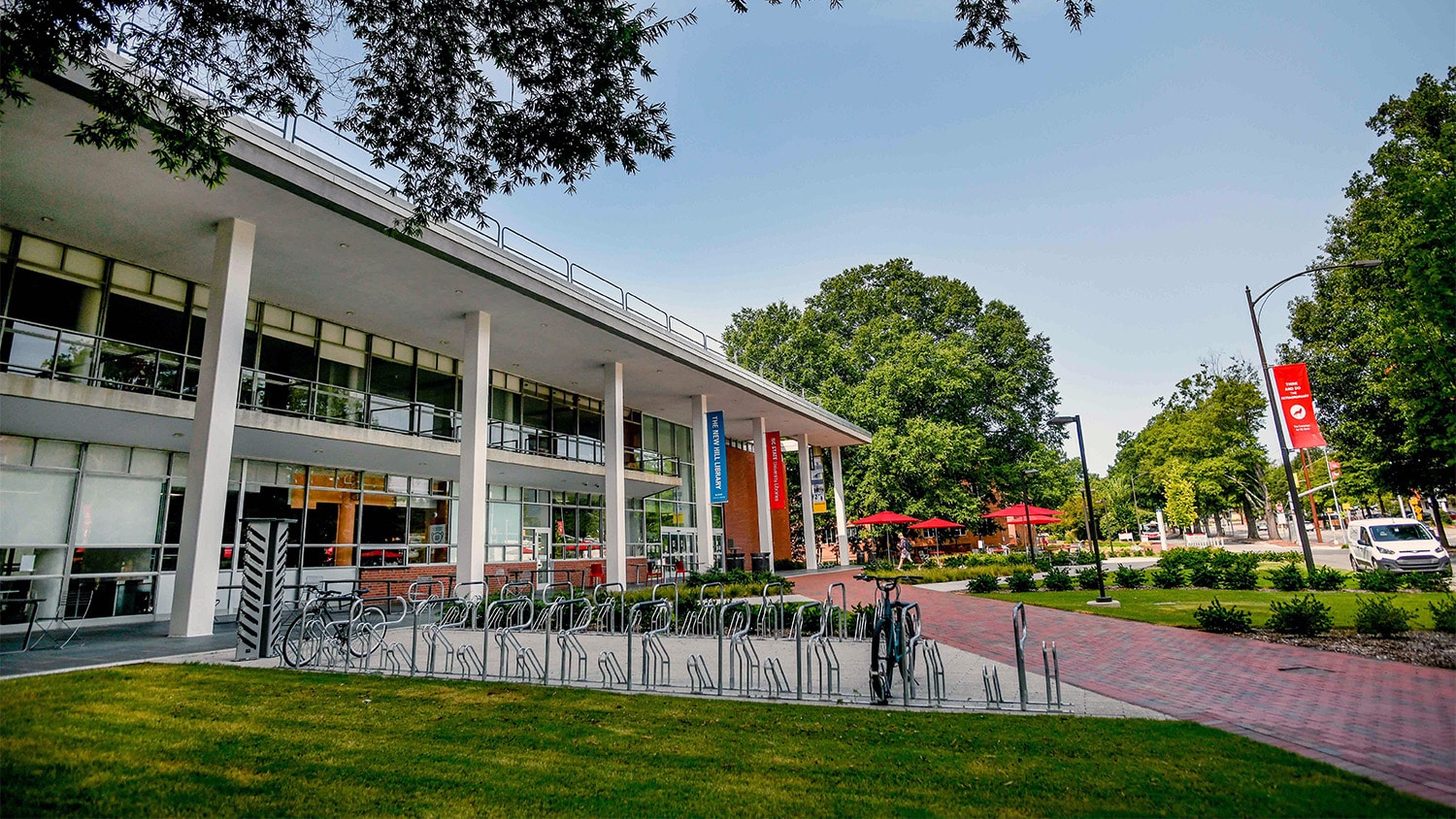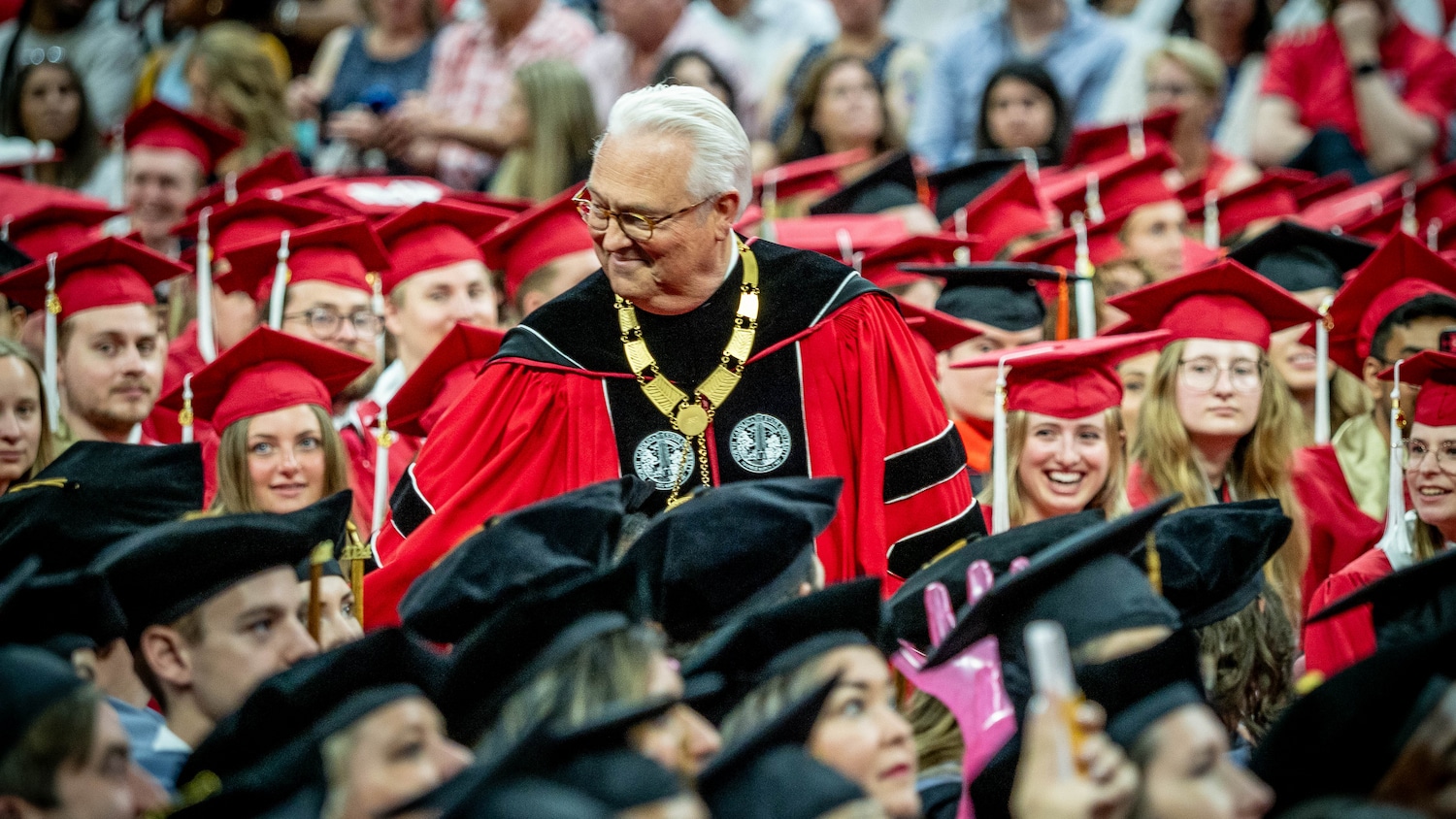Meeting the Grand Challenges
NC State builds leaders. Just ask Brian Schuster, who handled the planning of an afternoon of student activities at an event attended by a legendary entrepreneur, two college deans and dozens of students and faculty members.
And he’s only a freshman.
“I’ve had a lot of responsibility,” said Schuster, a chemical engineering major. “But I’ve enjoyed seeing it come to fruition.”
Students like Schuster played key roles in the Raleigh Grand Challenge Summit, which brought engineers from all over the country to North Carolina last month to trade ideas on solving some of the world’s most pressing problems. Schuster helped organize the student activities, which included building mobile electrosurgical units and a multimedia showcase of NC State engineering departments, among other activities.
The summit, co-hosted by NC State and Duke University, was organized around the National Academy of Engineering’s 14 “Grand Challenge” problems for the 21st century, which include everything from making solar energy economical to preventing nuclear terror.
The event featured several high-profile speakers, including Jeffrey Immelt, chairman and CEO of GE; John Chambers, chairman and CEO of Cisco; Kristina Johnson, US undersecretary for energy; and U.S. Sen. Ted Kaufman of Delaware, the only engineer in the U.S. Congress.
The summit emcee was Marshall Brain, founder of the award-winning HowStuffWorks resource website who received a master’s degree in computer science from NC State and taught at the university for six years. Brain is a superstar among tech entrepreneurs, but that didn’t stop him from hobnobbing with students during breaks in the sessions.
“Engineers,” Brain said, “are the people who are going to solve the world’s biggest problems.”
Enter the students, who competed in a design competition that tasked them with devising ways to improve health and well-being in the developing world.
Biomedical engineering graduate student Amy McPherson showed off her group’s idea: a portable blood counting device that could be used in remote areas by people with no special training. Nuclear engineering senior Jesse Holmes told visitors about a small nuclear fission reactor that could automatically and securely provide heat for remote communities in Alaska and other arctic regions.
“If they don’t have heat, they die,” Holmes said. “So providing security of heating is a big deal.”
At the end of the summit, Brain interviewed students on-stage about the Grand Challenges. Among the students was John Sanderson, president of NC State’s chapter of Engineering World Health, who plans to attend medical school after graduation and devote much of his career to world health efforts.
“The Grand Challenges are incredibly important issues that students like us will face,” Sanderson said in an interview, “So the idea of spreading the word about them is really appealing.”
- Categories:


